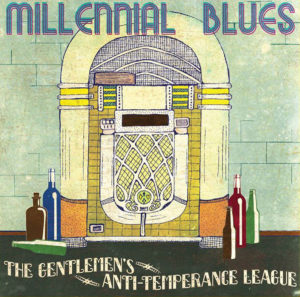 Artist/Band: The Gentlemen’s Anti-Temperance League
Artist/Band: The Gentlemen’s Anti-Temperance League
Members: Dan Rosen, Peter Whiteman, Kellie Reichert, Rich Yaeger, Jon Halquist, Alan Peterson
Website: http://www.thegatl.com
Hometown: Minneapolis, MN
Latest Album/Release: Millennial Blues (Nov 2015)
Influences: Django Reinhardt, Squirrel Nut Zippers, Gonzalo Bergara, NOFX, Stephane Grappelli, Ella Fitzgerald, Tom Waits
*The band answered the questions as a single unit.
TrunkSpace: How would you describe your music?
The GATL: We call it “Prohibition Swing” – A thick, hot, syrupy blend of musical influences that pair equally well with coffee and whiskey.
TrunkSpace: How did the band come together and establish its unique sound? Was it organic or did it take time to perfect?
The GATL: The band came together as a group of friends with a mutual interest in gypsy jazz, originally. Three of us are from Duluth, MN and have known each other for years, and played together in some bands in high school. Dan and Jon took a road trip out west a few years ago and did a lot of busking, and the idea of the band started from there – playing up-tempo swing music on the street. When the guys came back, they exposed more of us to what they were up to, and we started playing together. From there, the songwriting and meshing as a group just developed as we spent more time together, practicing as often as we could, getting comfortable and letting our own personal musical influences come out in the music. Kellie and Rich are the most recent additions, adding vocals and trumpet to the mix. We’re really excited about how we’re evolving even further with our sound.
TrunkSpace: Your music is a throwback. Your look is a throwback. What is your audience? In that we mean, what age is the majority of your fans and if they’re skewing younger, we’d have to imagine that you’re exposing them to a sound that is completely new to them?
The GATL: Our audience is very diverse! One of our favorite aspects of our music is that it draws on so many different influences that the majority of people can find something they find appealing about it. We get swing dancers, young and old, from the local Minneapolis scene that come out, we see folks that like good acoustic music out to listen to us, as well as people that just want to have a stiff cocktail and let loose a little bit. A lot of people come up and tell us what influences they hear in our music – we think it’s great that the people that come to hear us are pretty musically conscious, it helps develop and diversify our sound.
TrunkSpace: Your music sets a mood, often times with the first few chords. How important is building in a tone and ambiance in your songwriting?
The GATL: The tone and ambiance is critical to our sound. When the subject matter of your songs is typically on the darker side of things, the music has to match or it just ends up sounding very strange. At this point, we all have a sense of what we want to sound like, and we have played together enough that when we start on a new song, we can get the “feel” of the song pretty quickly and build the song to really highlight the mood and content.
TrunkSpace: Most bands seem to have a similar path when it comes to promotion and booking. The Gentlemen’s Anti-Temperance League has such a unique aura surrounding you that we  wonder if it has forced you to think outside-the-box for promotion and booking? For example, if club owners have a difficult time putting you on a complimentary bill, do you find yourselves booking a full lineup as opposed to just yourselves?
wonder if it has forced you to think outside-the-box for promotion and booking? For example, if club owners have a difficult time putting you on a complimentary bill, do you find yourselves booking a full lineup as opposed to just yourselves?
The GATL: When it comes to promotion and booking, it’s a pretty mixed bag. We have seen ourselves sharing bills with traditional gypsy jazz hot clubs, bluegrass bands, and psychedelic rock groups with distorted guitar tones and a full drum kit. Going back to a previous response – when there are a lot of varying influences in the music, it makes it easier to book and play with bands that play music that is of a different genre than our own. Because of this, we end up being on a lot of diverse bills, and it’s a great way to get our music out to new audiences. Although, we aren’t opposed to playing for three hours on our own, if the occasion fits.
TrunkSpace: Everyone in the band is listed as having vocal duties. How does that work… juggling so many voices in a single band?
The GATL: Once Kellie joined up, the primary vocal duties shifted in her direction, and for good reason. It’s always beneficial to have a lot of vocals at your disposal, it opens up the possibilities for thicker harmonies, as well as different tones when aiming for certain sounds. Our upcoming album definitely shows the full diversity of our vocal abilities.
TrunkSpace: We noticed your website has a copyright date of 2023. Is the band going Nostradamus and suggesting something we should consider being on the lookout for in seven years?
The GATL: Well, we were sent into the future a few years ago to survey possible locations for an alpaca ranch, and we ended up in 2023 instead of our intended target of 2040. To be honest, we just liked the vibe of 2023, it’s actually pretty nice then. Take our word for it.
TrunkSpace: Kellie’s bio suggests that she is a bit of a beer aficionado. TrunkSpace happens to have its own in the form of Drunken Emoji, an ale-swigging emoticon who fancies himself a beer snob. This seems a natural opportunity to propose a drink-off!
The GATL: You name the time and the place, and we’re in! Also… pick up the tab! We are thirsty.
TrunkSpace: What can fans expect from The GATL in 2017?
The GATL: We have our first full-length album featuring the full band coming out! We just finished recording at River Rock Studios in NE Minneapolis, and we’re getting the rest of the details ironed out for an April release. We have a lot of shows planned out already as well, we’re going to be keeping busy making music for the foreseeable future. Stay tuned!


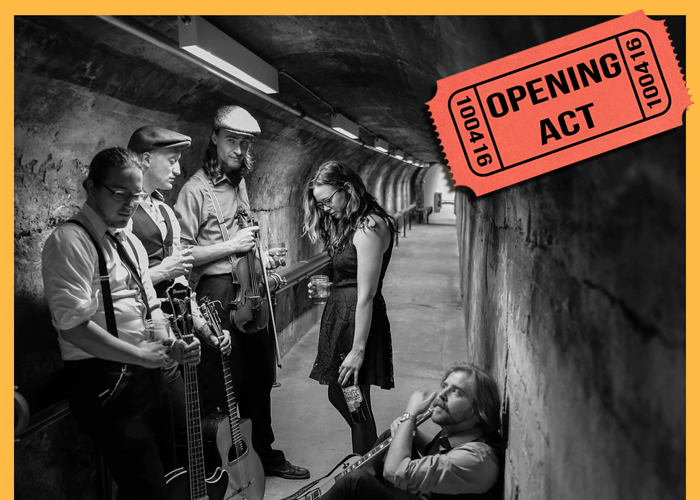
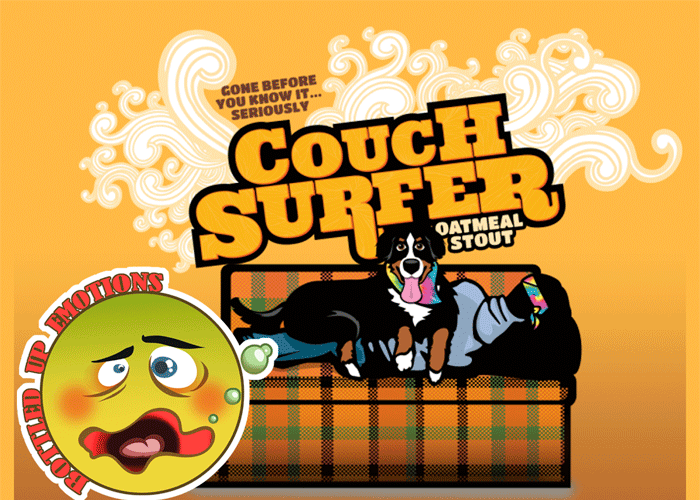
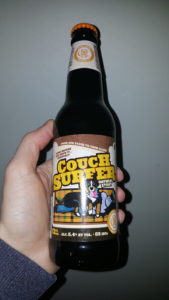 Brewer: Otter Creek Brewing
Brewer: Otter Creek Brewing

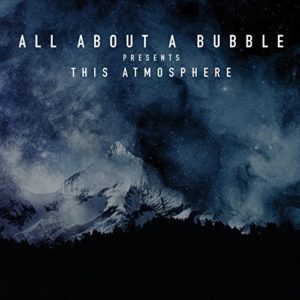 You don’t have to be in a funk just because it’s Monday. Instead, get funky.
You don’t have to be in a funk just because it’s Monday. Instead, get funky.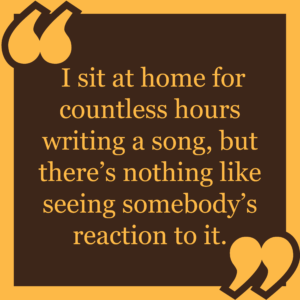 envisioned this album coming out from the band? Is it a clear path from where you started out from?
envisioned this album coming out from the band? Is it a clear path from where you started out from? TrunkSpace: We talked about those early origins of the band. If we were to look at an All About a Bubble show six years ago, what would we see different in terms of live performance than we’d see from an All About a Bubble show today?
TrunkSpace: We talked about those early origins of the band. If we were to look at an All About a Bubble show six years ago, what would we see different in terms of live performance than we’d see from an All About a Bubble show today?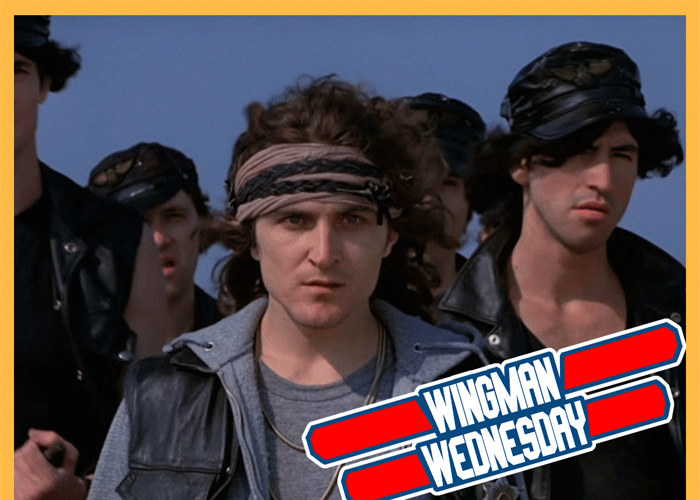
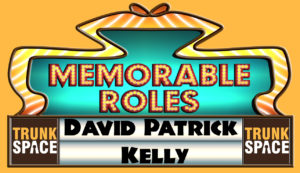
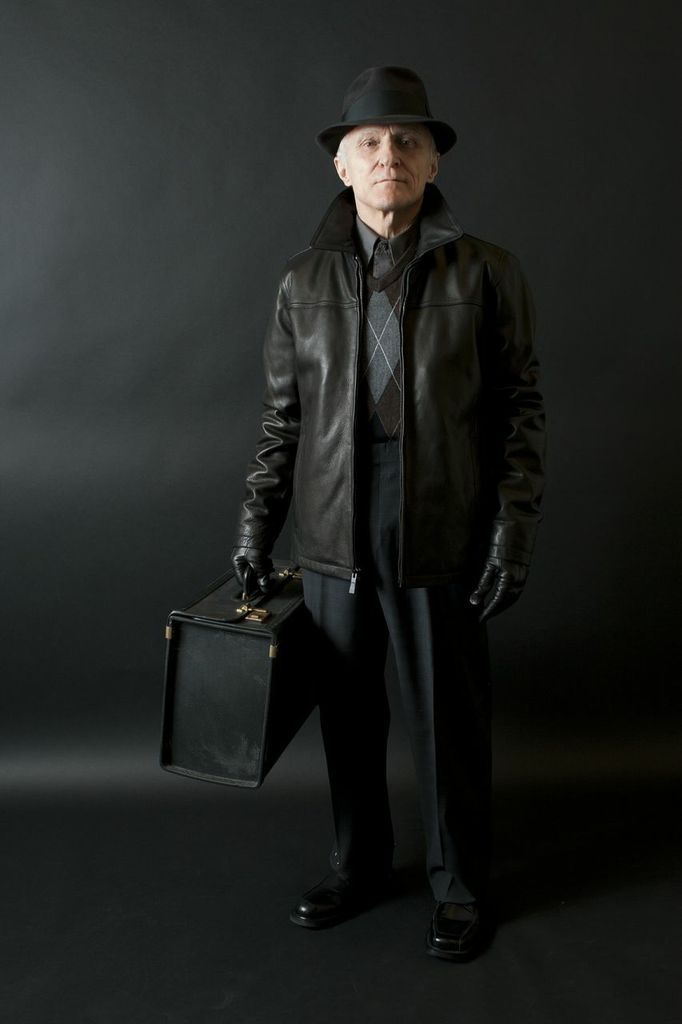
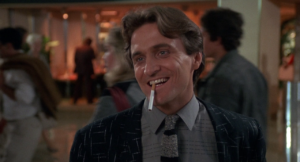
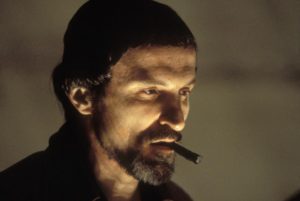
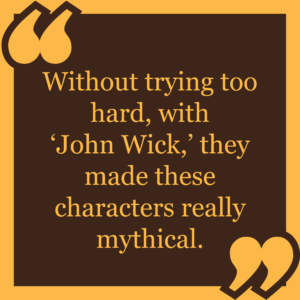 something out of nothing. It was such an incredible time. We’d go to the Cin
something out of nothing. It was such an incredible time. We’d go to the Cin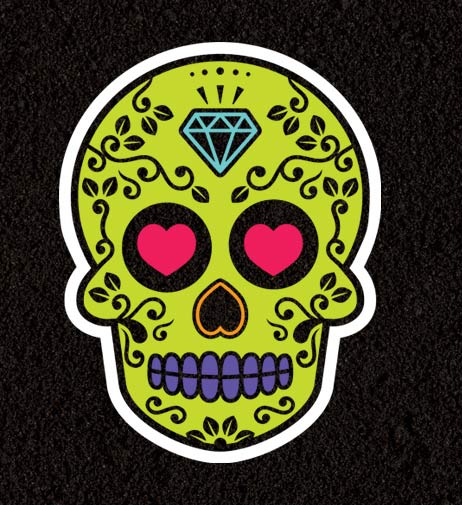
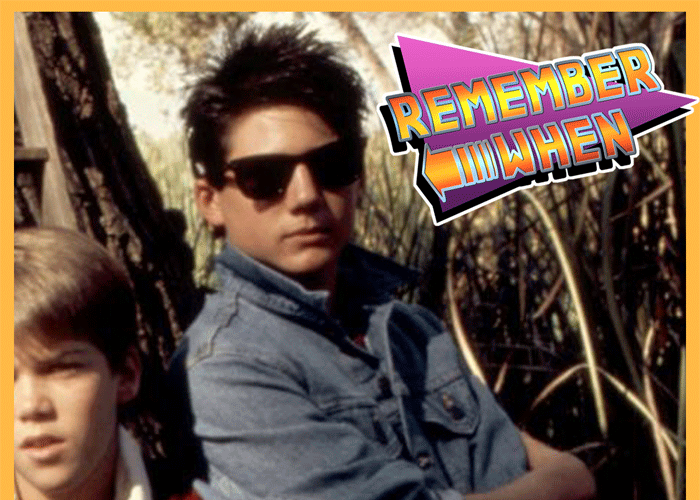
 It’s that time again. Let’s sit back, relax, and take a trip down memory lane with those individuals who inadvertently played a role in our childhood. This time out we’re chatting with Ryan Lambert, who as a teenager, starred in the film “The Monster Squad.” Anyone who was growing up in the 80s and was lucky enough to have had paid cable fell in love with the movie, which pitted a group of small town kids against an army of classic monsters, including Dracula. Lambert played Rudy, the resident badass who every young impressionable viewer wanted to be. Shorty after the film was released, Lambert left acting to pursue his music career. He has since rediscovered his passion for acting and returned to the city that gave him his break via the television series “Kids Incorporated” some 30 years ago.
It’s that time again. Let’s sit back, relax, and take a trip down memory lane with those individuals who inadvertently played a role in our childhood. This time out we’re chatting with Ryan Lambert, who as a teenager, starred in the film “The Monster Squad.” Anyone who was growing up in the 80s and was lucky enough to have had paid cable fell in love with the movie, which pitted a group of small town kids against an army of classic monsters, including Dracula. Lambert played Rudy, the resident badass who every young impressionable viewer wanted to be. Shorty after the film was released, Lambert left acting to pursue his music career. He has since rediscovered his passion for acting and returned to the city that gave him his break via the television series “Kids Incorporated” some 30 years ago.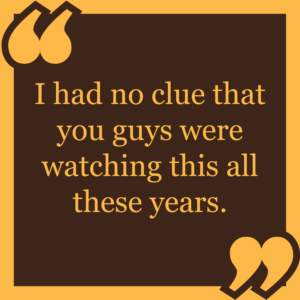 Q&A before and after the screening. And we were like, “What?” I hadn’t even seen any of these people in years. I mean, I was off doing my own thing. I was in bands in San Francisco and I didn’t know of any of it… I didn’t know it had a cult following. I had absolutely no clue. And we show up and there’s a line around the corner and everyone’s freaking out. (Laughter) Everyone’s got posters and T-shirts and everyone wants us to sign everything. I was like, “Where did you people come from? What has been going on this whole time!” I had no clue that you guys were watching this all these years. So, since then, almost consistently, it’s been nonstop with conventions and screenings and interviews and things here and there. So I’m used to it now. I get it now. I see it now.
Q&A before and after the screening. And we were like, “What?” I hadn’t even seen any of these people in years. I mean, I was off doing my own thing. I was in bands in San Francisco and I didn’t know of any of it… I didn’t know it had a cult following. I had absolutely no clue. And we show up and there’s a line around the corner and everyone’s freaking out. (Laughter) Everyone’s got posters and T-shirts and everyone wants us to sign everything. I was like, “Where did you people come from? What has been going on this whole time!” I had no clue that you guys were watching this all these years. So, since then, almost consistently, it’s been nonstop with conventions and screenings and interviews and things here and there. So I’m used to it now. I get it now. I see it now.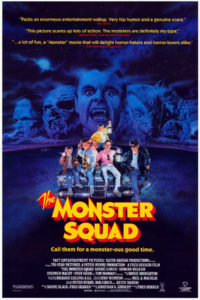 my life and see if I was even any good at it still. And it turns out, I felt like I was. I was like, “Hmm… this feels good.” I felt great on stage and I felt good with words and I felt good with my body language and I had teachers that backed me up. And I didn’t even tell them about what I did earlier. They had no idea who I was. So, eventually I told them and they were like, “Oh, well that’s it. You’ve done this before. You are seasoned.”
my life and see if I was even any good at it still. And it turns out, I felt like I was. I was like, “Hmm… this feels good.” I felt great on stage and I felt good with words and I felt good with my body language and I had teachers that backed me up. And I didn’t even tell them about what I did earlier. They had no idea who I was. So, eventually I told them and they were like, “Oh, well that’s it. You’ve done this before. You are seasoned.”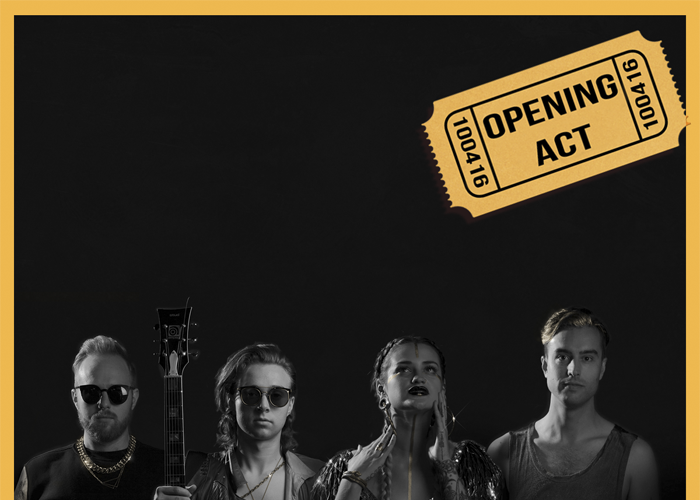
 Artist/Band: Gold Casio
Artist/Band: Gold Casio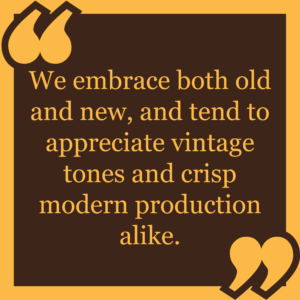
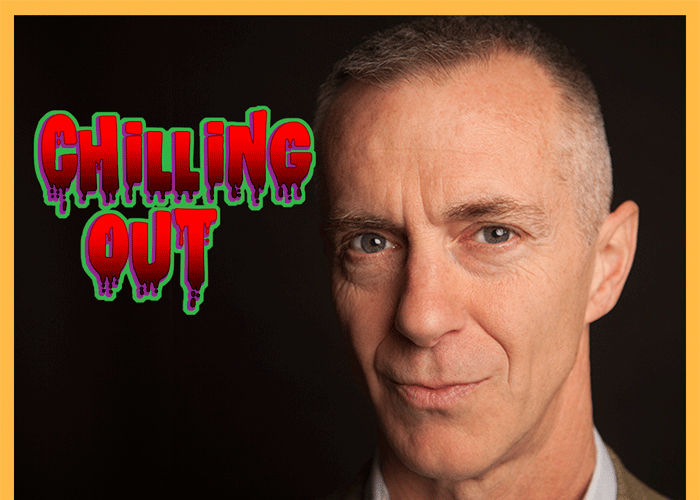
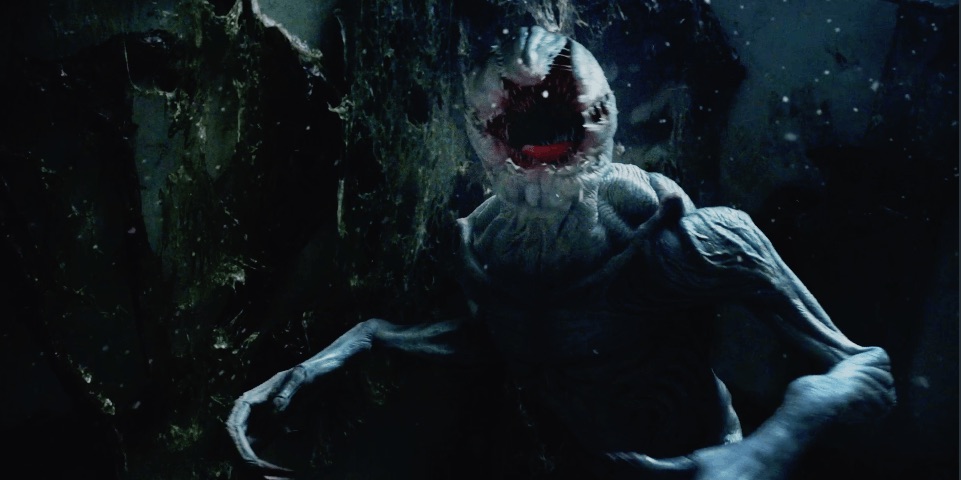
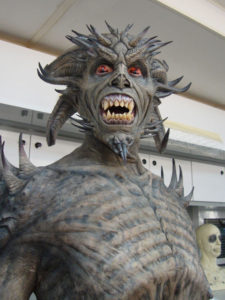
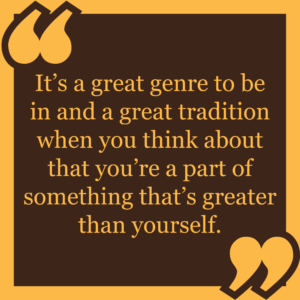

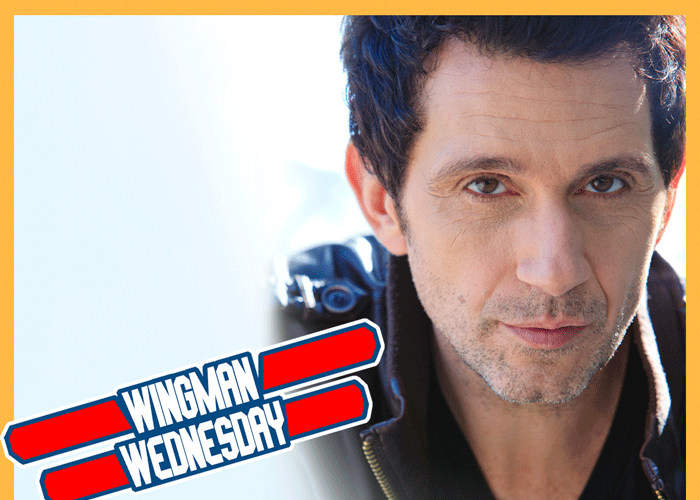
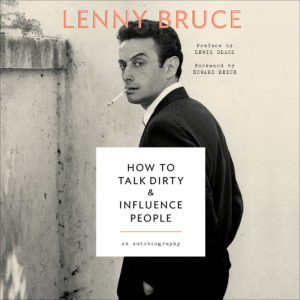 Soap opera fans will instantly recognize Ronnie Marmo for the years he spent working on “General Hospital,” but it’s his passion for legendary comedian Lenny Bruce that has served as the common thread and thru-line throughout his career. He has performed Bruce on stage. He is in the process of writing and producing a new play based on Bruce’s life. And now he’s narrating Bruce’s autobiography “How to Talk Dirty & Influence People” for Hachette Audio.
Soap opera fans will instantly recognize Ronnie Marmo for the years he spent working on “General Hospital,” but it’s his passion for legendary comedian Lenny Bruce that has served as the common thread and thru-line throughout his career. He has performed Bruce on stage. He is in the process of writing and producing a new play based on Bruce’s life. And now he’s narrating Bruce’s autobiography “How to Talk Dirty & Influence People” for Hachette Audio.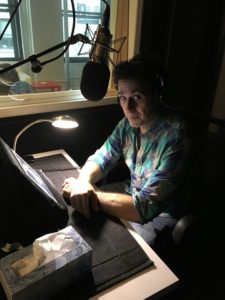
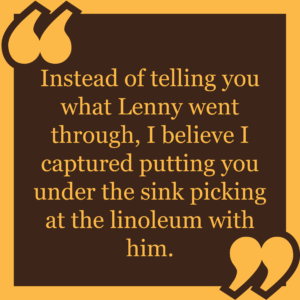 TrunkSpace: Having already performed Lenny a number of times, was it a different experience reading the sort of, thoughts from his head directly from the autobiography?
TrunkSpace: Having already performed Lenny a number of times, was it a different experience reading the sort of, thoughts from his head directly from the autobiography?
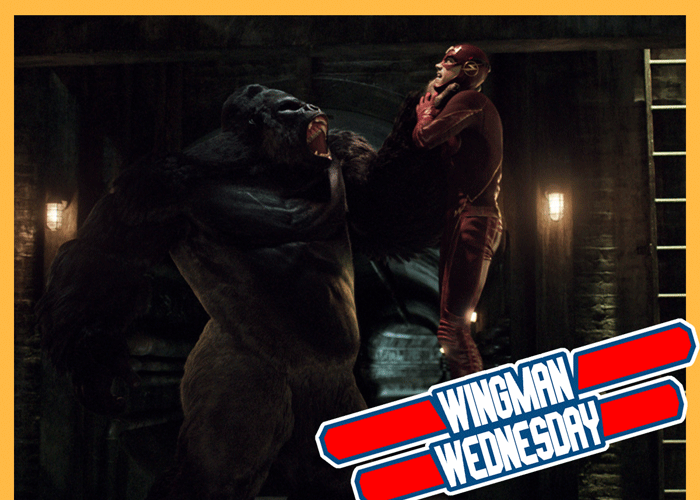
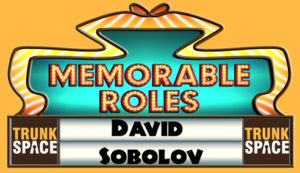
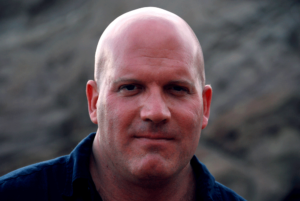 TrunkSpace: There seems to be a lot of traditional actors now working as voice actors, particularly on mainstream, big-brand shows. Is that a new trend and is it worrisome for someone like yourself who has been working as a voice actor for 20 plus years?
TrunkSpace: There seems to be a lot of traditional actors now working as voice actors, particularly on mainstream, big-brand shows. Is that a new trend and is it worrisome for someone like yourself who has been working as a voice actor for 20 plus years?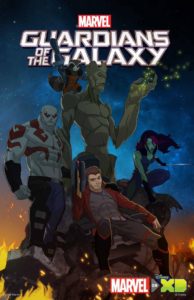 through?
through?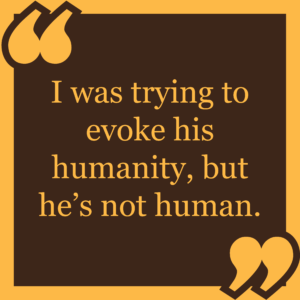 TrunkSpace: So often comic book villains have that mustache twirling vibe, but here’s a character who is not human, who actually has some of the more human traits we’ve seen in a villain.
TrunkSpace: So often comic book villains have that mustache twirling vibe, but here’s a character who is not human, who actually has some of the more human traits we’ve seen in a villain.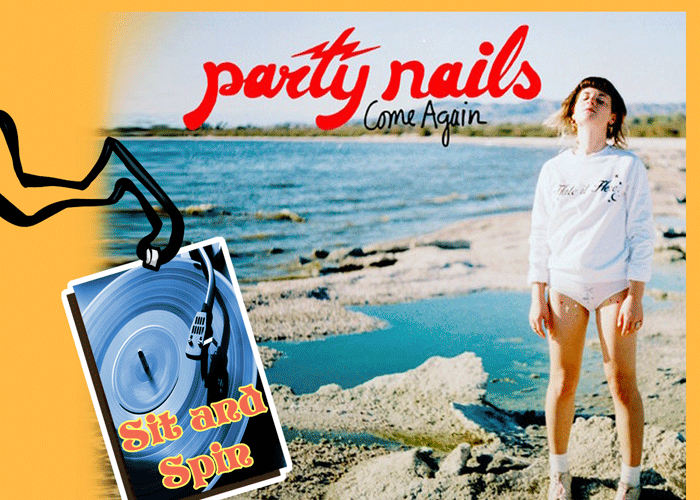
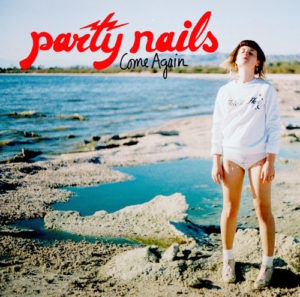 Artist: Party Nails
Artist: Party Nails